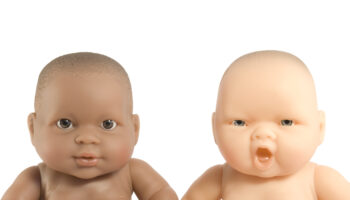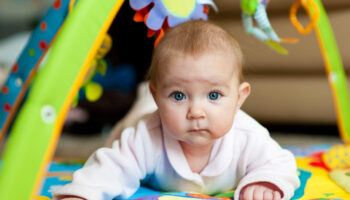The third editions of the Environment Rating Scales, like the first and second editions, cover a broad range of development including language, cognitive, social-emotional, and physical development as well as addressing children’s health and safety.
The third editions of the Environment Rating Scales (ERS) consider children’s access to a variety of interesting and age-appropriate toys and materials, but with a simplified calculation of the amount of time when those toys and materials are accessible.
The ERS third editions increase focus on children engaging in activities and interactions that support development of important skills. The emphasis of the assessment process is on how children get to interact with those toys and materials and how the early educator supports and extends learning through a responsive and individualized relationship.
The revised editions generally do not recognize authentic attempts to implement quality practices and any lapse can have a significant impact regardless of the effort observed. The third editions consider authentic attempts and, when the lapse does not create a harmful situation, carries the trajectory of quality across the indicators to provide better feedback to programs about the true quality of their efforts.
Unobserved elements of the program are not considered when using the ITERS-3, ECERS-3, or FCCERS-3. Information reported through questioning may not be a full and accurate reflection of the experiences offered to children and loss of valuable feedback for programs. The third editions adjust the approach to assessment so that scoring is based only on what is observed during the three-hour time sample, there is no post-observation interview.
Want to learn more about the third editions of the ITERS, ECERS, or FCCERS?




